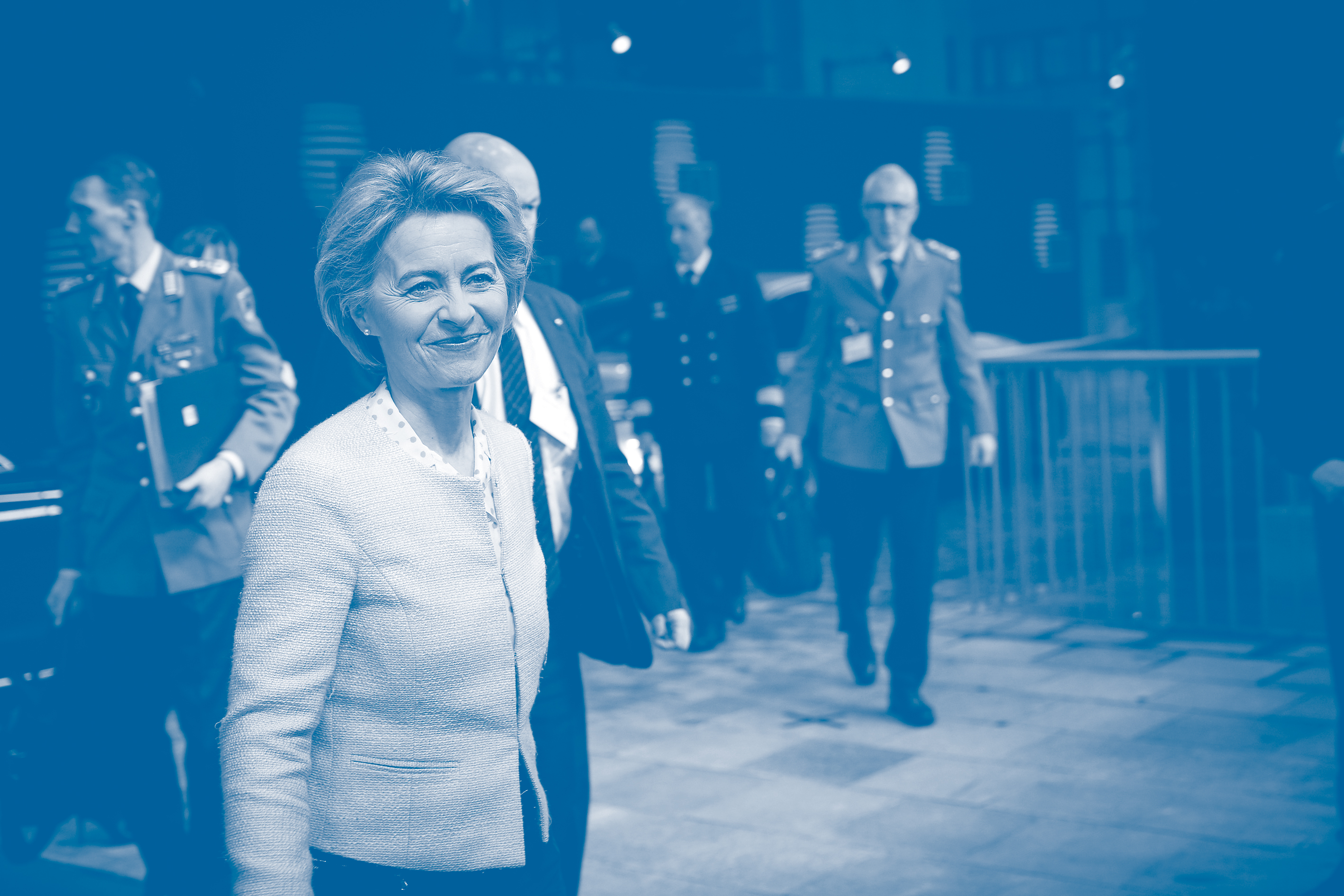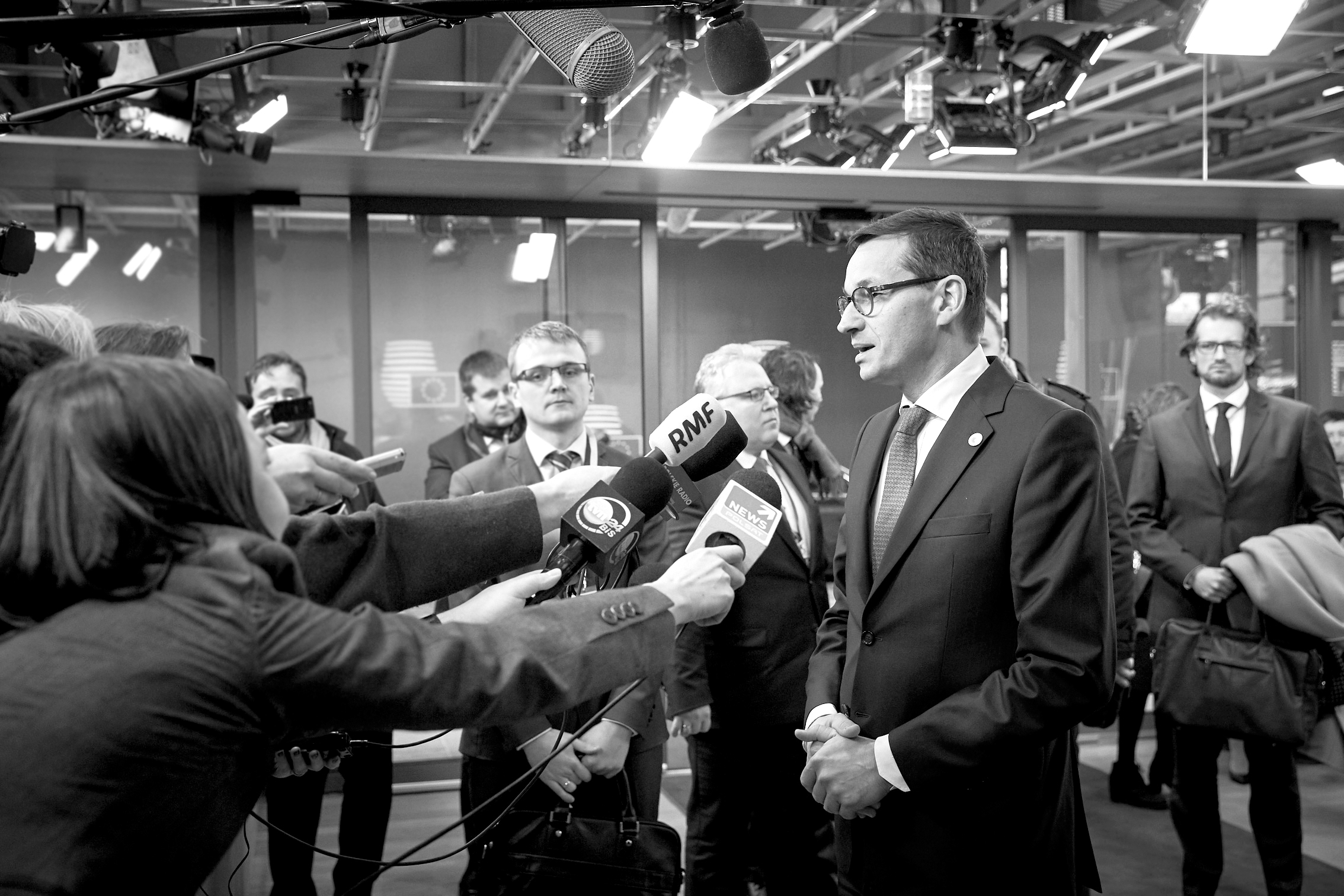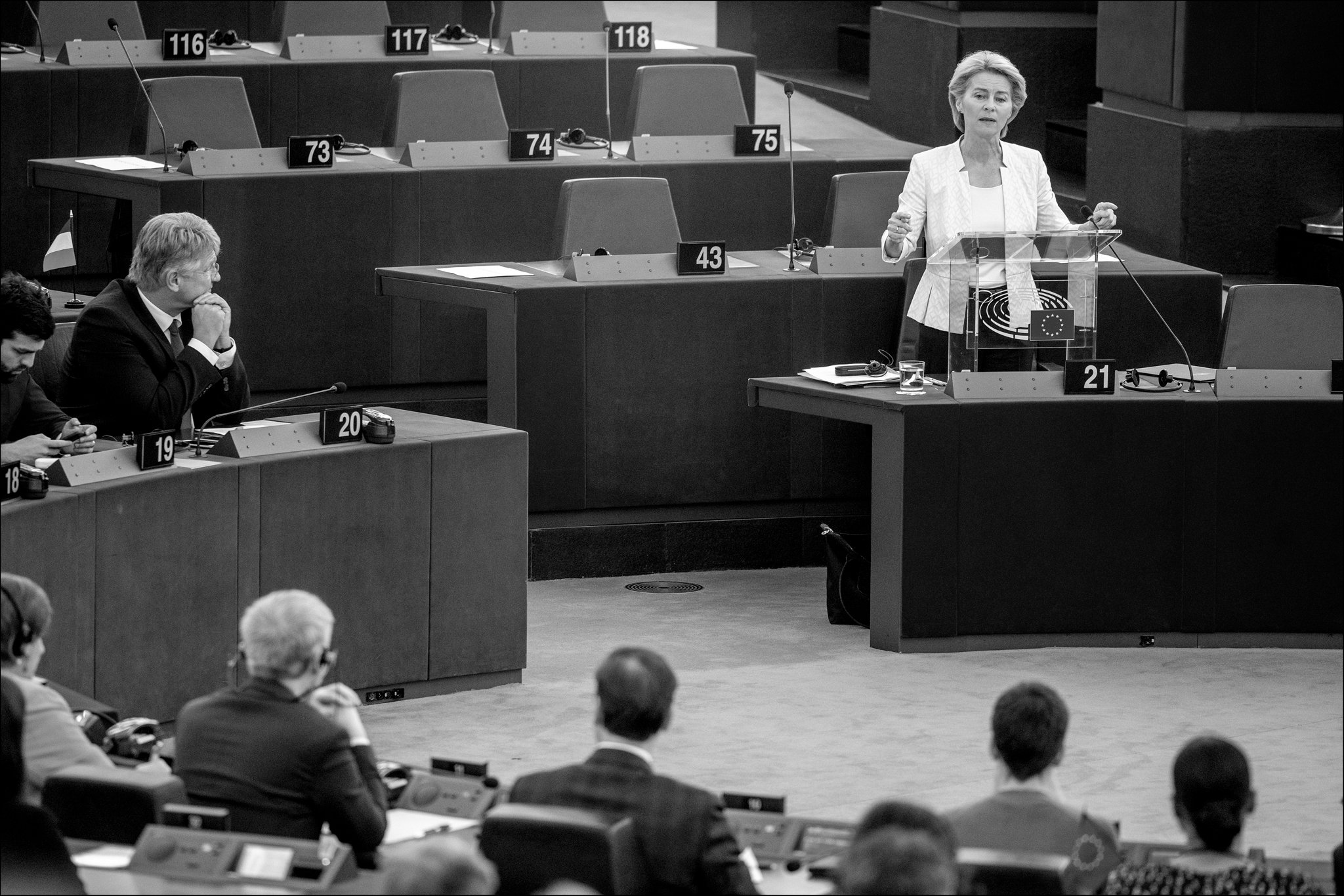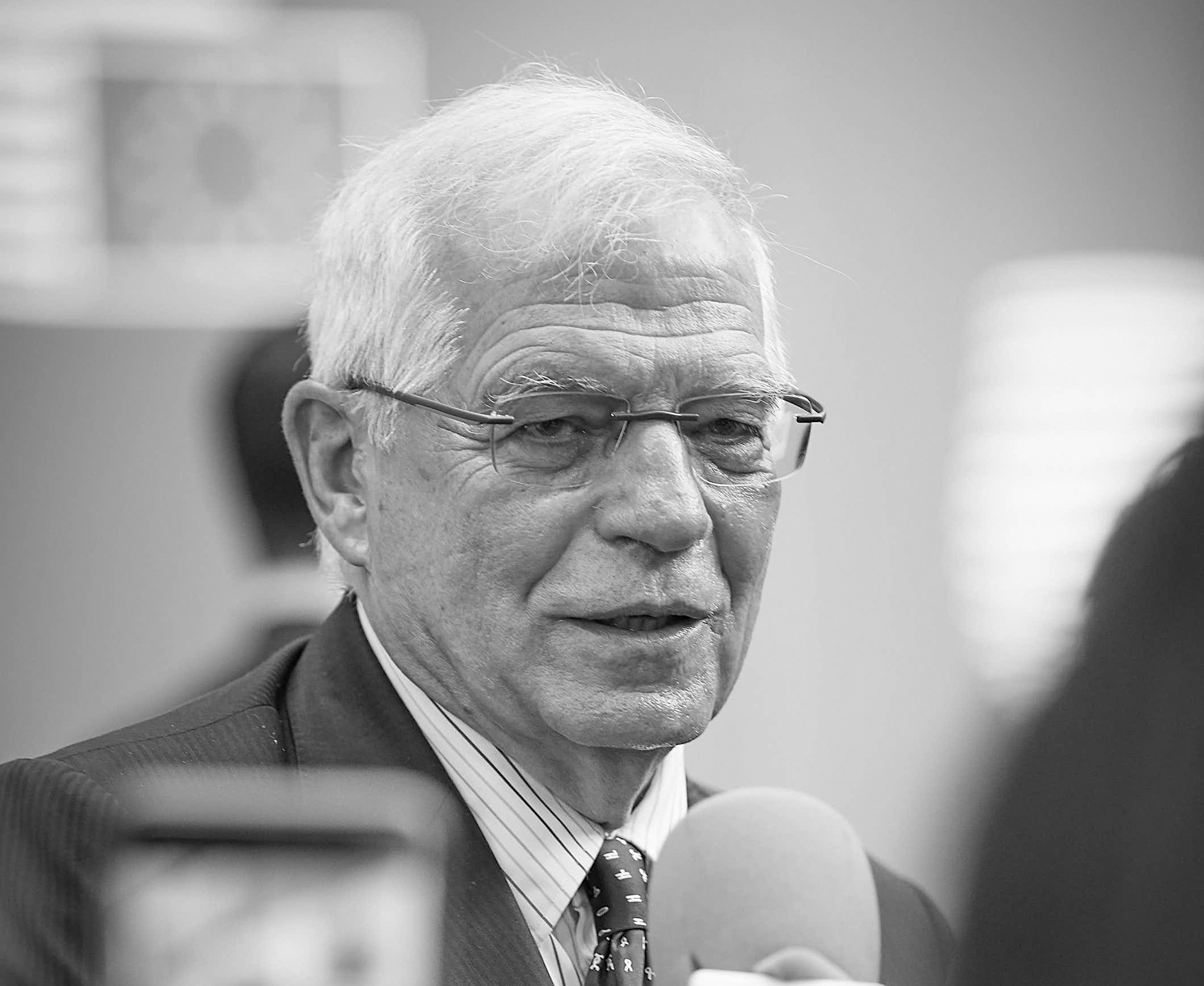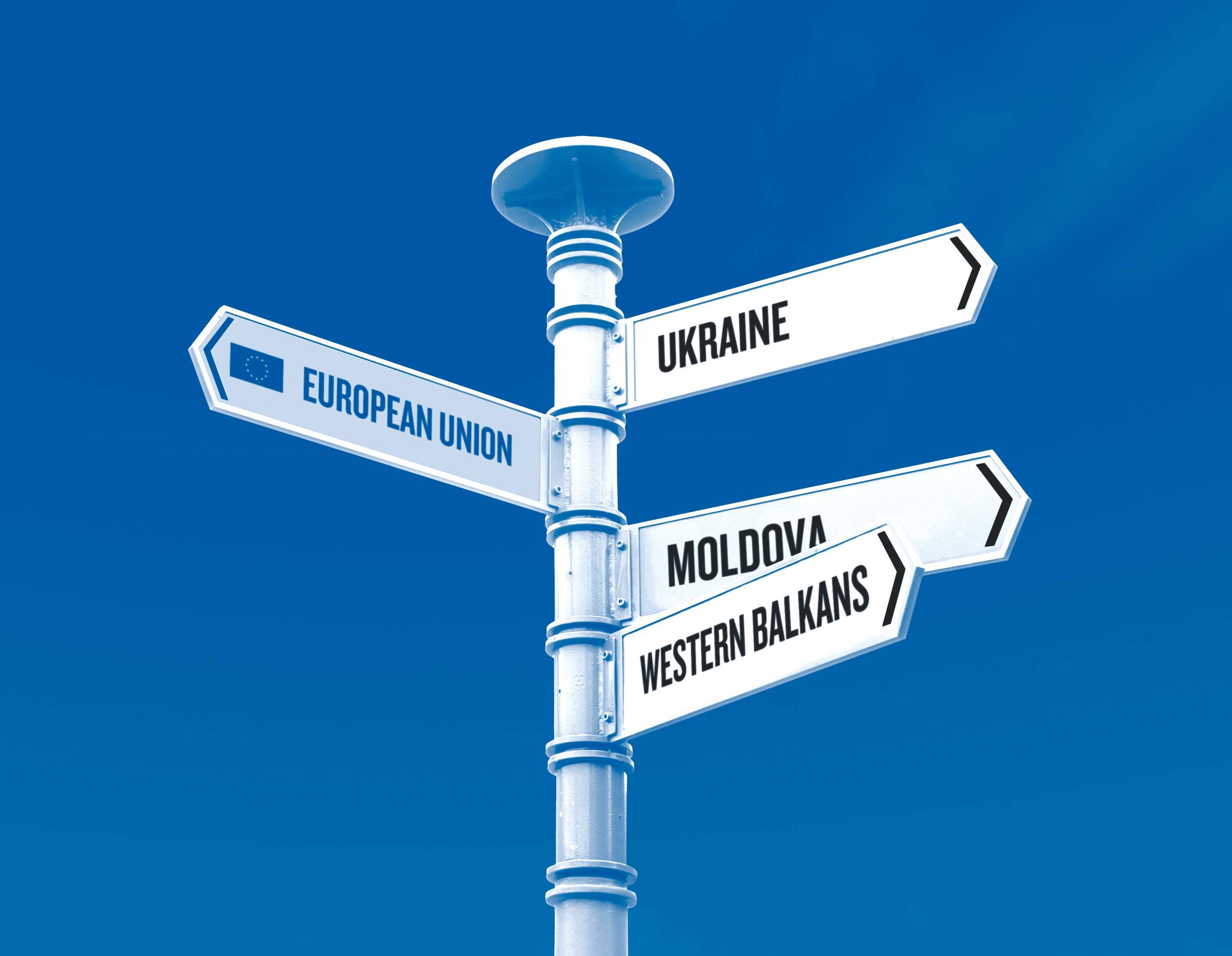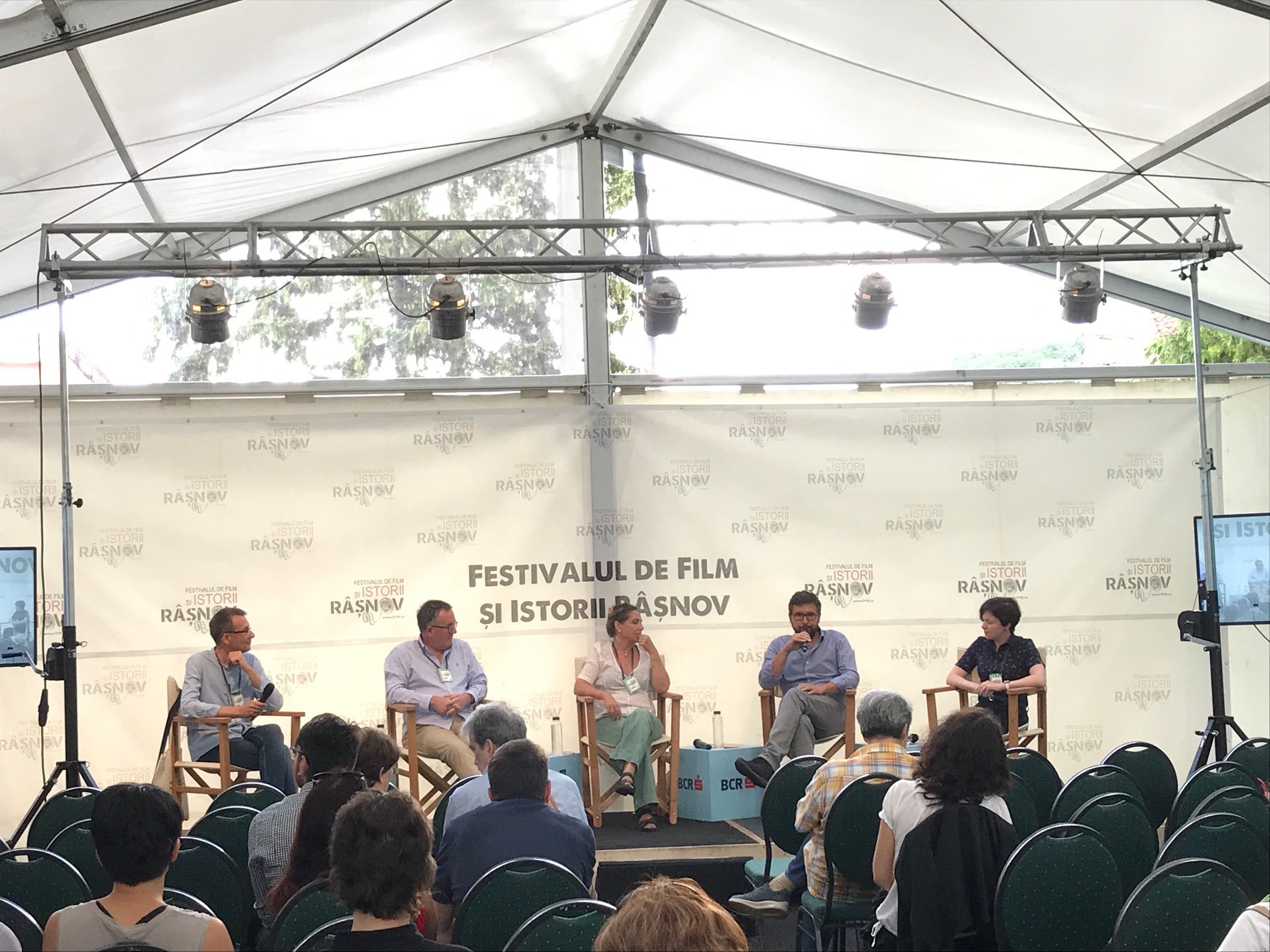Q:Has the populist anti-EU revolt failed or consolidated its momentum after the latest European Parliament elections?
A:I am slightly sceptical that we can take the European Parliament elections as a benchmark for measuring the satisfaction and dissatisfaction that existed before this event. In the past, elections to the EP were ‘trial or revenge’ elections in which the electorate could punish their governments but also vote for parties that they would not necessarily vote for in national elections. That is not the case any longer. The EP vote now actually reflects the real thinking of the voters and not just the potential for protest. Regarding the big battle against the populists and anti-Westernists, this is a very long-term battle. There is a new ideological division within Europe and between European states, between different stages of identity, culture, lifestyles, cleavages between different societies in Europe.
I don’t believe that we have won just because the populists don’t have a clear majority. This is a long-term struggle, just like the one againts the communist ideology. From the beginning of Marxism as an ideology and the formation of Marxist parties (either radical socialists or communists) to actually winning the battle in 1989, almost 150 years passed. We are again in the very early stages of a long-term ideological battle.
The core ideological profile of the current anti-Westernists started to form and blossom in the 2000s. And if you look at the mainstream parties, Fidesz probably is the most prominent example. It was a normal conservative party in the 1990s.
It was not this pro-Russian, hysterical party spinning anti-Jewish conspiracy theories that it is today. I don’t think that Fidesz will be the only one. This kind of revolution in identity politics that we are witnessing on both left and right will push other parties onto this path. The leftright distinction is no longer applicable in the twenty-first century. An important ideological battle is happening today with the Social Democrats in Germany. They used to be a serious mainstream government party. They are not doing well in the polls, they are nervous, and now you have all sorts of radical positions within the party. At a time of enormous nervousness and decline, we don’t know the course of the Social Democrats over the long term.
You have people that would champion a return to the extreme left or to the anti-Western camp within the party. It is feasible that they could be for the Social Democrats what Fidesz is to the conservative camp. In Austria the general consensus is anti-Western. In Italy the societal and political consensus among the elite is heavily inclined towards anti-Westernism. Salvini’s success in the elections is not something that should take anyone by surprise. He is putting ideological, societal, political things on the table that have been talked about previously by the more mainstream parties with a different vocabulary, in a less confrontational way, in a less blunt way, but ideologically the society was pre-prepared. Salvini is using the effect of the political discussion that others have prepared for them.
The anti-Western revolt and the divisions have solidified. On top of that, we also have East-West, North-South splits and divisions. We live in a time of identity politics. And people on both the left and the right want to politicise everything – lifestyle, traffic, nutrition. This wasn’t the case in the 1990s or the early 2000s. The whole climate debate is being conducted in a way like prescribing lifestyle. Soon you will have an enormous clash of pacts on lifestyle. You emphasise and bring these differences to a much more prominent level of attention and you will start to rally people around them. Ultimately, I think that the East- West, North-South divisions will get stronger and more political over the next few years.
Q:As you pointed out in your 2015 report, “there is an overlap of ideology and interests between many European political parties and the Russian government”. Bearing in mind the latest Salvini scandal (alleged financial support from Russia), how do you assess Russia’s ability today to harness, cultivate and channel the anti-Western revolt, the identity politics revolution, as well as the nationalist/sovereignist energies of some of the European parties?
A: Very early on, the Russians made their bet that identitarian politics on the right will be a growing sector, will be accessible to them, and that they will position themselves towards that sector, marketing-wise. That doesn’t mean that in reality Russia fits that ideology. If the Russians talked to Europeans they would appear Islamophobic, but Russia is actually the only European country where sharia law is part of the constitutional system (at least in the North Caucasus).
This is almost a contradiction, but they market themselves and they immerse themselves in a way that pleases the identitarians in such a way that they perceive Russia as an alternative hegemon, an alternative empire. If you look at the simplistic messaging of the right-wing in Germany or Austria it could be summed up in the Pegida slogan – ‘Merkel to Siberia, Putin to Berlin’. They think that only Russia can provide protection, the example and expertise for hardcore identitarian governments needed to solve the West’s internal crisis. The Russians don’t need to do much, just to do good PR and watch the Europeans fight among themselves
Q: The traditional image of Germany was that of being reluctant to exert its power. By leading and shaping the future Commission, is Germany ready to embrace a different historical paradigm?
A: Germany can’t exert leadership in the usual way because it’s Germany. It needs to find other ways to exert it. The problem is that the way Germany did this in the past was to create institutions that would increase predictability for all the other European states, and give them the opportunity to include themselves into the consensus. This model – the Helmut Kohl kind of leadership in Europe – has eroded. Since Schroeder and Merkel, Germany has become more unilateralist.
On top of the feeling that Helmut Kohl went too far with the euro, with Maastricht and Amsterdam, the institutional setup does not benefit Germany the way the single European market and EEC benefited Germany during the Cold War. The cost-benefit balance between the costs borne for integration and the benefit of influencing common European decisions is not in Germany’s favour anymore. This kind of feeling is the reason for this increased unilateralist behaviour. The problem is that the unilateralist approach has a huge impact in terms of insecurity in the rest of Europe (both in the East and the West).
The other problem is that the Germans haven’t really come to terms with the fact that we have a state of rule of law in Hungary and Poland that would have prevented them joining the EU if this had been the state of Hungarian and Polish democracy in 2004. We actually need to accept that the institutional setup is a failure or has serious existential flaws, and we need to reform it.
This reform has to encompass an increase of centralised oversight over member states, not only in the financial sector but also on many domestic issues (starting from Schengen, to democratic standards). Having said that, the Germans would be very much in line with the Poles and Hungarians, they would resist such a temptation, because they think that the Commission’s meddling in German domestic affairs has already gone too far. Germany didn’t prepare the population for such a shift. Hence they are stuck in a system that doesn’t work, and they don’t know how to fix it.
Q: Bearing Ursula von der Leyen’s controversial record in leading/managing German defence in mind, is she the right person to lead the EU?
A: Von der Leyen is a compromise because she is personal. She was accepted because she is not a typical German. She is a very passionate European, but on the other hand she had a very good relationship with Mattis when she was a defence minister. In all the NATO summits, they really managed to bypass Trump for the benefit of Europe. That was recognised in Eastern Europe and in Poland, and hence they know that she will not go for this kind of unilateralist, anti-American posture. She is acceptable to the Eastern Europeans and she is also acceptable for the Western Europeans. She is from the liberal progressive part of the conservative party.

